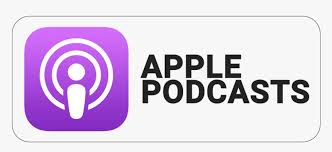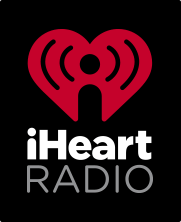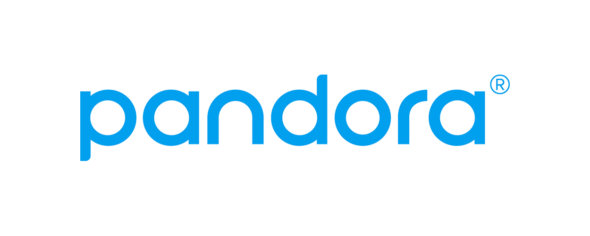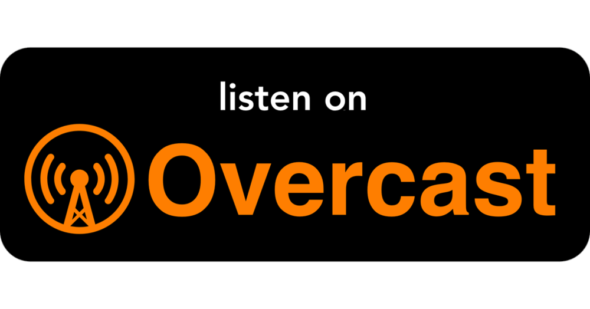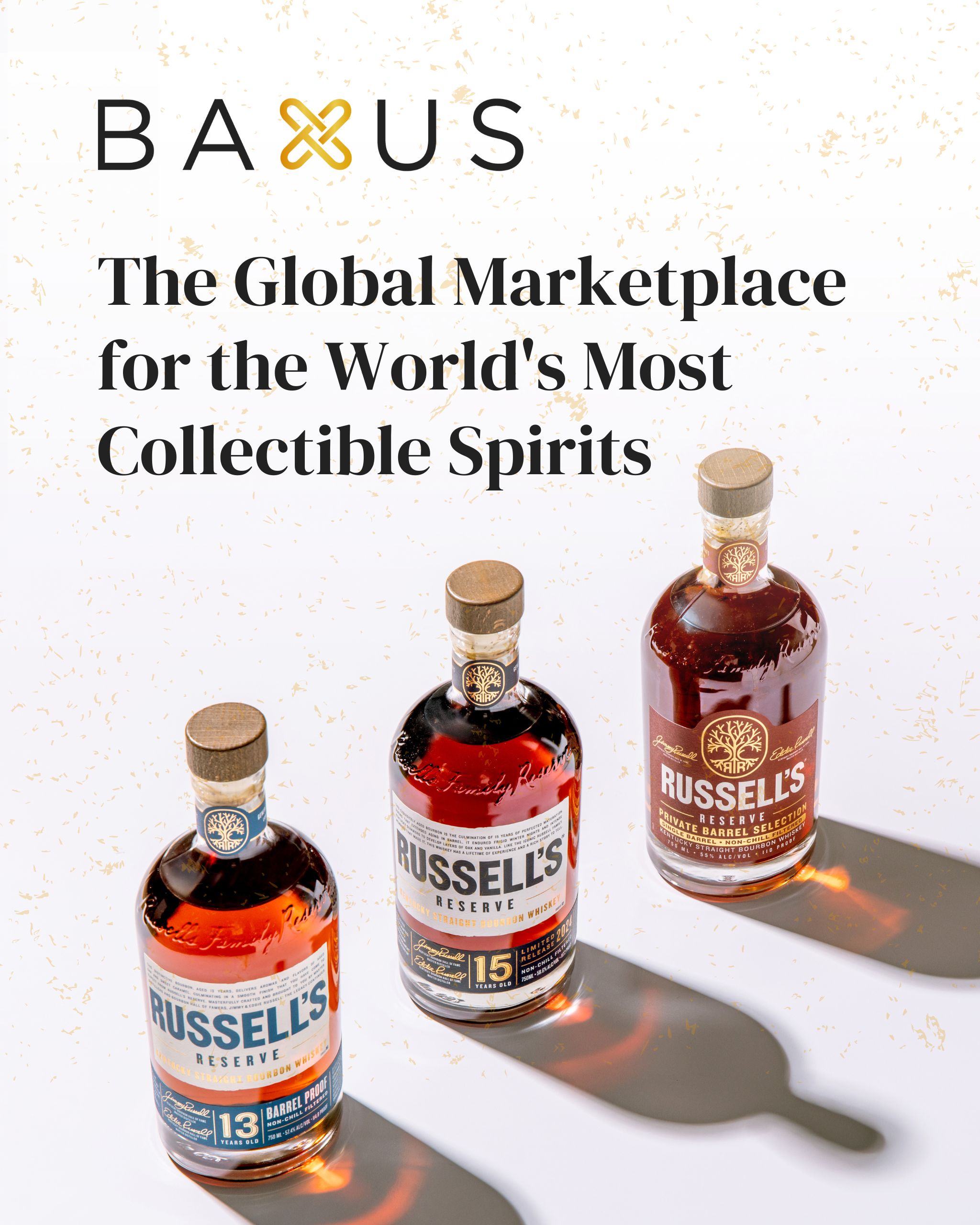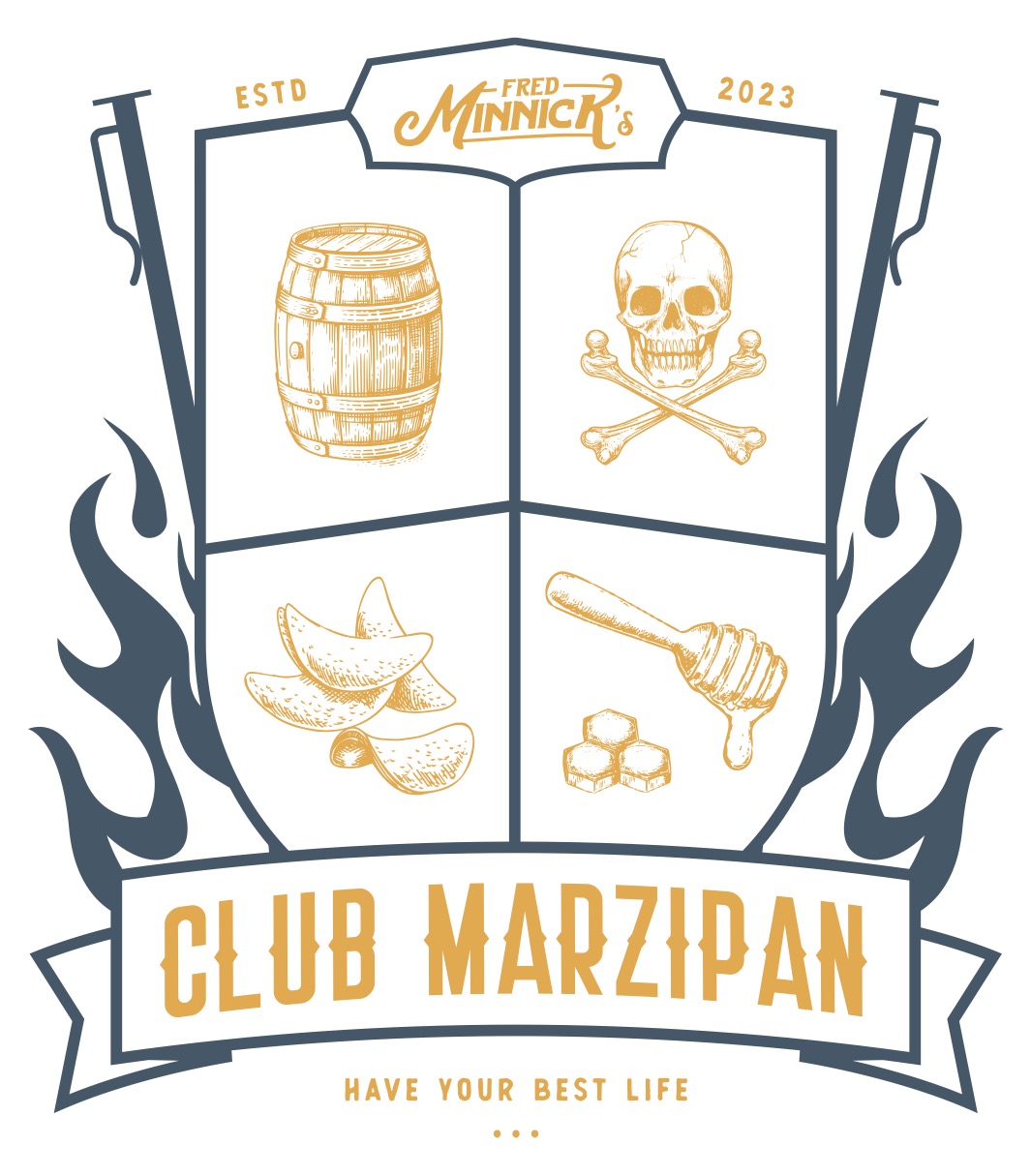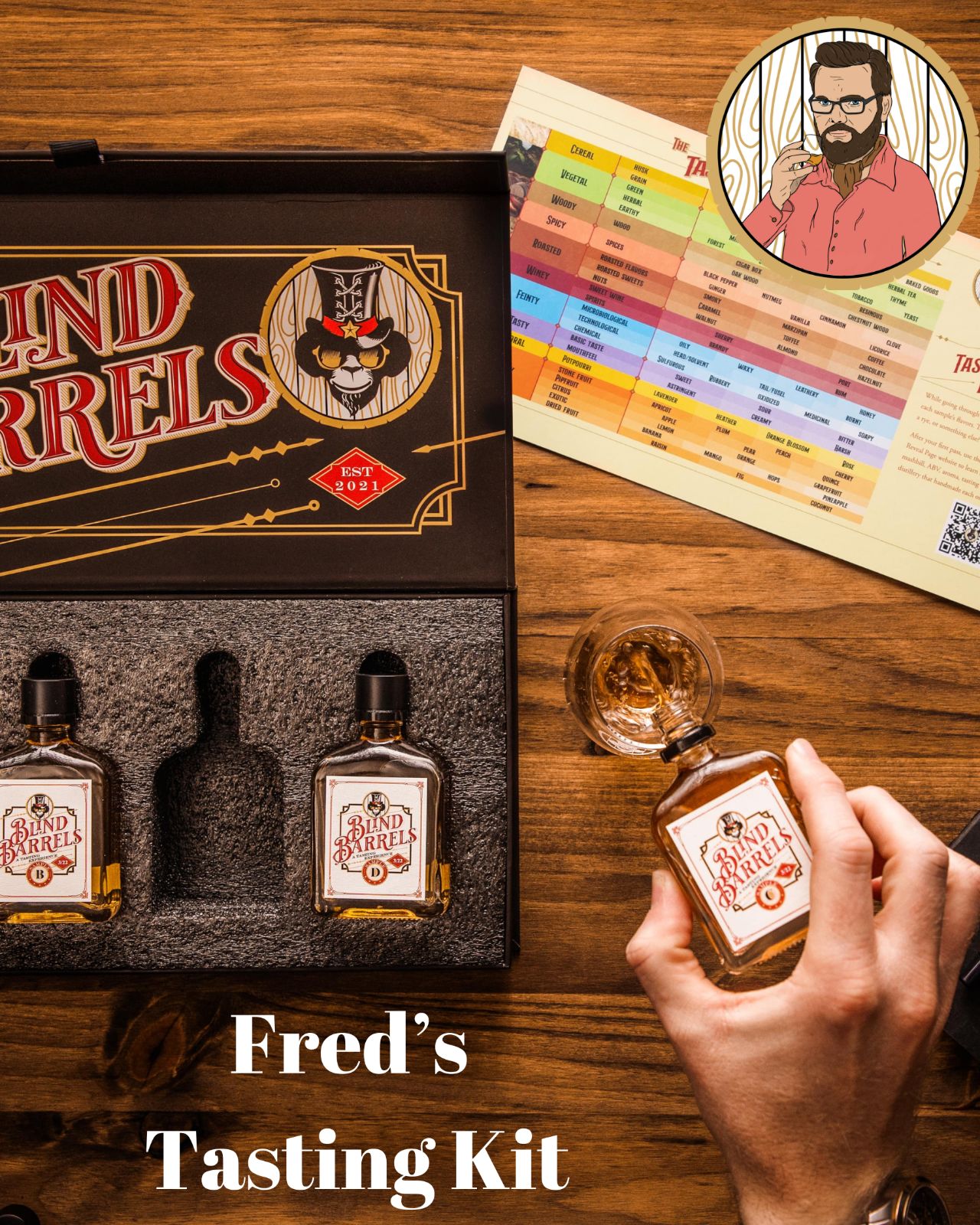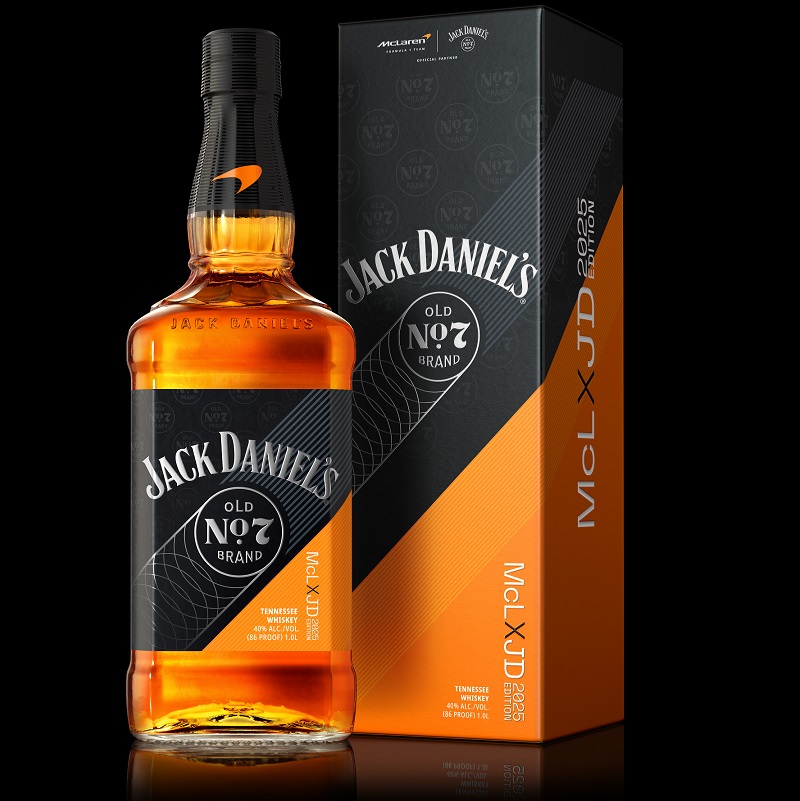Uncle Kracker Talks Rap, Candy Bars, Whiskey, Falls in Love With Resilient Bourbon
On this week’s episode of The Fred Minnick Show, Matthew Shafer – better known as Uncle Kracker – chimes in to chat with Fred over a whiskey flight. As Uncle Kracker, Shafer was rocker/rapper Kid Rock’s turntablist as part of the backing band Twisted Brown Trucker. Uncle Kracker would go on to have two Top 10 hits on the Billboard Hot 100, beginning with “Follow Me” from his 2000 debut album Double Wide. In 2002, “Drift Away” landed inside the Top 10. During his visit on the show, Matt and Fred talk about Matt’s relationship with bourbon and whiskey; rap music, his roots and the blurring of musical genres; his COVID-inspired song which came out earlier this year; drinking during presidential debates; candy bars and lots more.
Whiskeys tasted:
- Elijah Craig (16:03)
- Resilient 14 Year (39:24)
- Smoke Wagon 12 Year (45:49)
- Rabbit Hole Rye 6 Year (53:56)
- Collabor&tion Finished in Muscart Mistelle Barrels (58:18)
EPISODE SUMMARY
Fred and Matt touch on a wide range of topics, like:
- Jim Beam was Matt’s first bourbon crush – partly because he heard Hank Williams Jr. singing about it. He mixed it with Dr. Pepper in his younger days.
- Fred talks about getting old, having “an efficient liver” and his doctors telling him repeatedly to lose weight.
- Fred talks about the many taxes distillers pay on their products, noting that one specific tax is earmarked for education while another is for roads. For that reason, he jokes, “When you buy bourbon, you’re helping the children of Kentucky. … This is straight up philanthropic efforts.”
- Matt learns for the first time, thanks to Fred’s tutorial, that whiskey gets its color from the oak barrels in which the liquid ages. Fred also imparts that the finish – how long the flavor and sensation stays on the palate – is the most important part about any whiskey.
- When the band’s on tour, Uncle Kracker generally is packing Crown Royal whiskey on the trip. Sometimes Jameson takes its place.
- On making music, Matt said while his first love was rap, he began ignoring genre, just adding all types of flares to his music, from pop to soul to country, “like making gumbo.” He adds, “Genre is only important to people who are trying to sell it.”
- On his 2020 pandemic-inspired single, he said, “The song was just this fun song I had never really finished. I wrote it with a couple of my buddies.” They were talking one night and decided to finish the song with lyrics about the pandemic, and the result was the single, “No Time to Be Sober.”
- Fred notes that he makes it a point to no longer drink, or specifically pay drinking games, during presidential or vice presidential debates: “I don’t get riled up, I get depressed.”
- Fred relates his love of Eazy-E when he was young and tells the story of getting busted listening to the notorious profane rapper by a very hairy principal at his school. The principal calls Fred’s mom and sells him down the river. “It was like I had just introduced Satan into our middle school.”
- As usual, Fred educates his guest on the ins and outs of whiskey, and Matt admits several times that he’s learned things he never expected to know about bourbon and rye. Part of Fred’s purpose in educating Matt is so he will “never touch vodka again.”
- Fred then explains what vodka truly is, about its dirty dealings and why he hates it so much.
QUOTABLES
Matt says he began listening to rap at around age 10, and he recalls watching a late-night cable access show on which he first saw the rap act the Fat Boys and their video “Jail House Rap.” “When they came on the scene, it was the greatest thing I’d ever seen in my life. It was these three big dudes rapping about food and getting in trouble for eating food — I fell in love immediately. Rap music had me at 10.”


